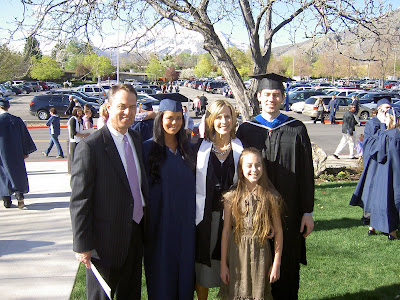As I looked over the list of Whitney Winners I was pleased to see so many really well written books on the list of winners. There are a few disappointments too, but I won't go into that. For those who don't know, Whitney Awards are presented to LDS authors, supposedly for their outstanding contributions to LDS fiction, but actually to any LDS author who garners enough votes for a particular piece of fiction published in the previous year whether it espouses LDS standards or not. Ironically, only one award this year went to a novel with any reference to the Church of Jesus Christ of Latter-day Saints, though all of the winning authors are LDS and the majority are books compatible with LDS standards. The one work that actually mentions the Church is In The Company of Angels by David Farland (Wolverton), the story of the handcart company that became stranded on the Wyoming plains. Though not his usual genre, Wolverton certainly deserves recognition for this remarkable book.
There are a number of definitions of what constitutes an LDS novel and the Whitney Academy takes the broadest view, merely requiring that the author be LDS. Other definitions are more narrow, requiring some positive reference to the LDS culture, faith, or values, the use of clean language, and being neither excessively violent nor sexually explicit. My personal definition leans toward the latter, but doesn't exclude any novel that promotes ideals in keeping with the moral values set by the tenets of my faith. I'm always conscious, too, of that well known phrase "virtuous, lovely, or of good report." I'm not sure if some of what passes for LDS fiction today could pass this last test.
Orson Scott Card was recently honored by the Washington DC Chapter of the BYU Management Society. He spoke of the important role of storytelling in maintaining the core values of our country and our culture. He spoke of how the failure of a society results from the failure to tell stories based on the values of that society. As cultural stories deviate from core values, those values are replaced by lesser, negative, or destructive values. Several comments he made during his speech impressed me a great deal as he spoke about what he knows best, writing fiction. He said, "I've watched an increasing number of fiction writers turn away from the old values and use their fiction to advocate the inefficient or destructive replacement of values." He went on to advise that individuals "tell a better story, stand up for values, even if they invite ridicule from the intellectual elite." This is advice it would be well for LDS writers to take to heart. If we don't create literature that exemplifies our standards, we will be among those who invite rot and corruption into our culture from the inside. And just as our faith isn't for Sunday only, our adherence to Church standards in our writing shouldn't be for only those books we write for LDS audiences.
I'm certainly not advocating trite conversion stories, sugary sweet simplifications, fiction that is thinly veiled preaching, or more magical/miracle solution stories, but I wonder if we're trying hard enough to write stories within the framework of our beliefs. Perhaps it's enough to point out our memberships or involvement in various fields of endeavor such as politics, law enforcement, science, education, etc. We can show the effects of good parenting. We can unabashedly send our characters to church. We can create characters of sound moral fiber. And we can avoid glamorizing negative, immoral behavior. Of course, our characters will make mistakes, but we can show their realization and repentance of those wrongs. We don't need to whitewash our villains, but we don't need to wallow in their evil; our emphasis should be on the efforts to prevent or stop evil.
I have a lot of faith in LDS writers. We are blessed to have some superb writers at this time with testimonies of the Gospel. Whether we write for members of our own faith or for the general market reader, it is my belief that we should stand firm for those core beliefs we know to be true. I teach six-year-olds in Primary and there's one thing, above all else, I strive to instill in these children and that is that choosing the right, God's right, supersedes all else. If we remember that, we can write the powerful stories that will ensure the continuance of faith and hope among our people.





